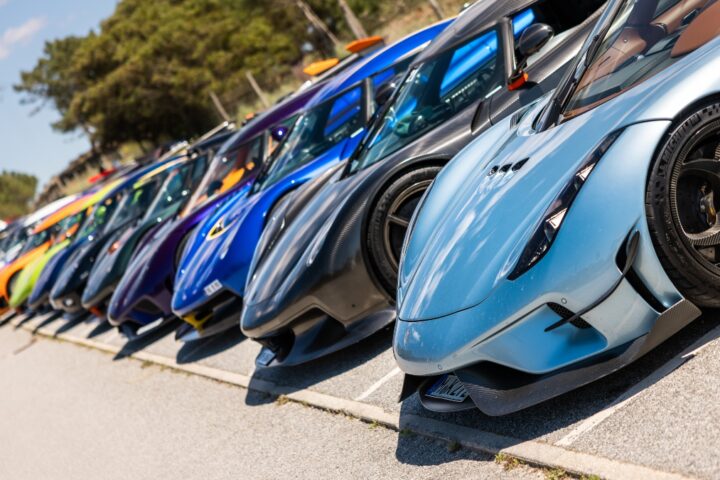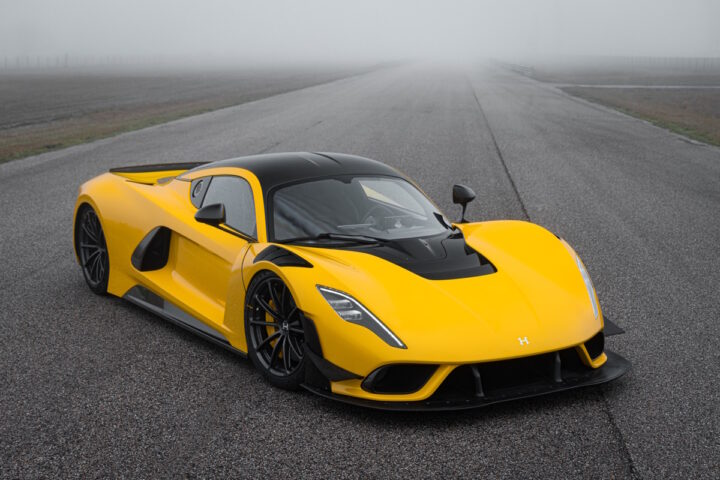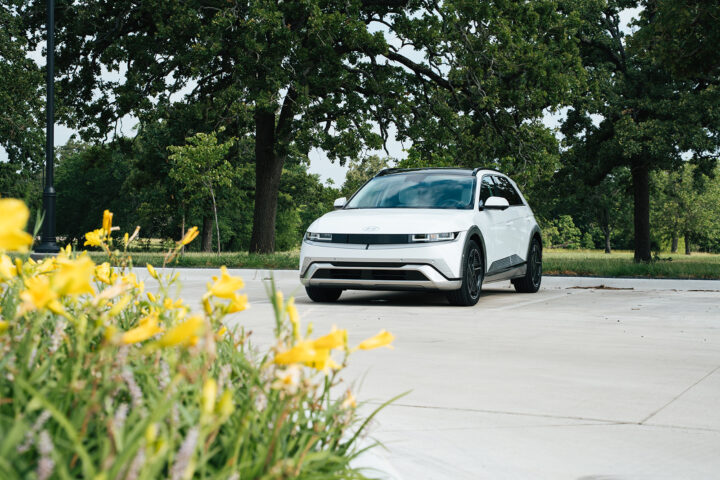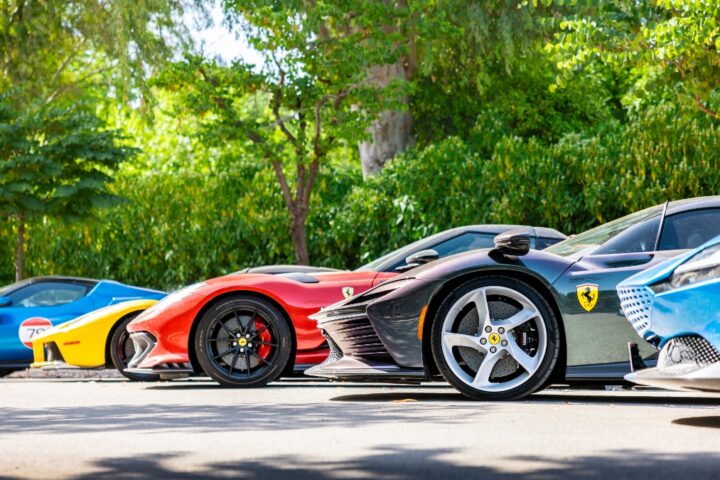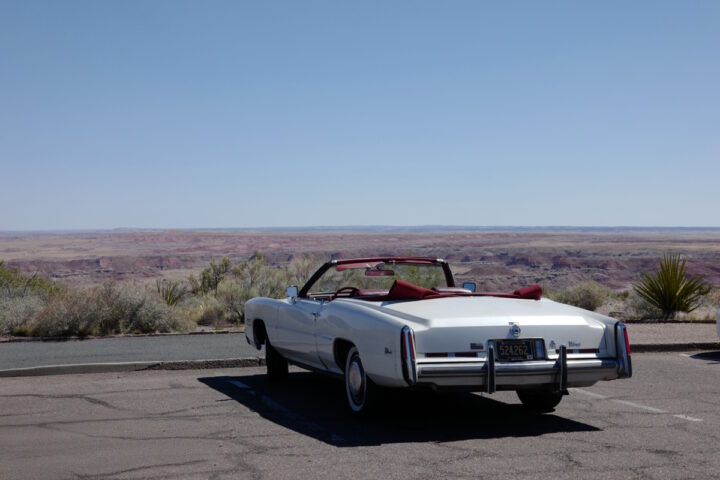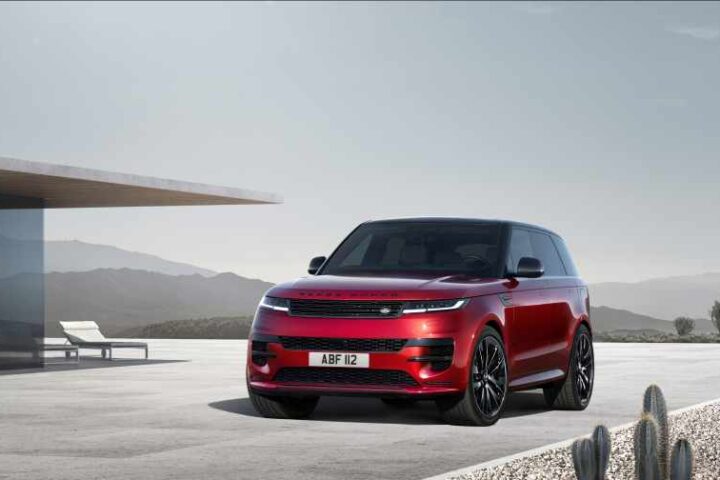TGR Staff
Automobili Lamborghini is exploring new horizons with its unconventional concept, the Lamborghini Huracán Sterrato. Based on the super sports prowess of the V10 Huracán, the Sterrato draws on Lamborghini’s off-road expertise exemplified in the Urus Super SUV, creating a new dimension of Lamborghini ‘fun to drive off-road’: a transfer of technologies creating a super sports car for challenging environments.
The Sterrato concept is based on the Huracán EVO with the same 5.2 liter naturally-aspirated engine producing 640 hp. The Huracán EVO’s LDVI (Lamborghini Dinamica Veicolo Integrata) with predictive logic, controls the Sterrato’s systems including four-wheel drive, four-wheel steering, modified suspension and torque vectoring, anticipating the next moves of the driver to ensure perfect driving dynamics. Calibrated for off-road driving including low-adherence surfaces, and tuned to maximize traction and acceleration, the LDVI system in the Sterrato provides enhanced rear-wheel drive behavior, producing more torque together with additional stabilization in oversteering maneuvers.
The Sterrato is created for demanding environments. Its appearance immediately illustrates the Sterrato’s imposing off-road abilities within the framework of a super sports car. Ground clearance is heightened by 47 mm, with the car’s front approach sharpened by 1% and the departure angle enhanced by 6.5%.
The wheel track is enhanced front and rear by 30 mm, with 20” wheels on balloon tires set into new wide-body wheel arches with integrated air intakes, giving the Sterrato a commanding presence that makes clear its abilities. Specially-developed larger tires with increased sidewalls improve the asperity absorption and grip. Wide, rugged, open shoulder blocks for self-cleaning qualities, provide excellent off-road surface adherence with improved traction and braking and are highly damage resistant.
The Sterrato is fitted with underbody reinforcements and body protection, including a rear skid plate that acts as a diffuser. Aluminum reinforcements are integrated within the front frame and covered with an aluminum skid plate, with aluminum-reinforced side skirts. Special protective composite bodywork includes stone-deflecting protection around the engine and air intakes and mudguards in hybrid materials of carbon fiber and elastomeric resin. An off-road LED light package is comprised of a roof-mounted LED light bar and LED bumper lights with flood function.
A specially-designed interior trim reflects the sporty off-road character of the Sterrato, featuring a new lightweight titanium roll cage, four-point seatbelts to the new carbon bi-shell sports seats, and aluminum floor panels.
“The Huracán Sterrato illustrates Lamborghini’s commitment to being a future shaper: a super sports car with off-road capabilities, the Sterrato demonstrates the Huracán’s versatility and opens the door to yet another benchmark of driving emotion and performance,” said Maurizio Reggiani, Chief Technical Officer of Automobili Lamborghini. “Lamborghini’s R&D and design teams are constantly exploring new opportunities and delivering the unexpected as a core characteristic of our DNA, challenging possibilities while inspired by Lamborghini brand heritage.”
The Lamborghini Jarama and Urraco of the 1970s already explored the potential for combining Lamborghini’s high performance and off-road capabilities. Lamborghini’s test driver Bob Wallace modified the two models to create desert-going high performance sports cars, the Jarama Rally from 1973 and the Urraco Rally from 1974.








